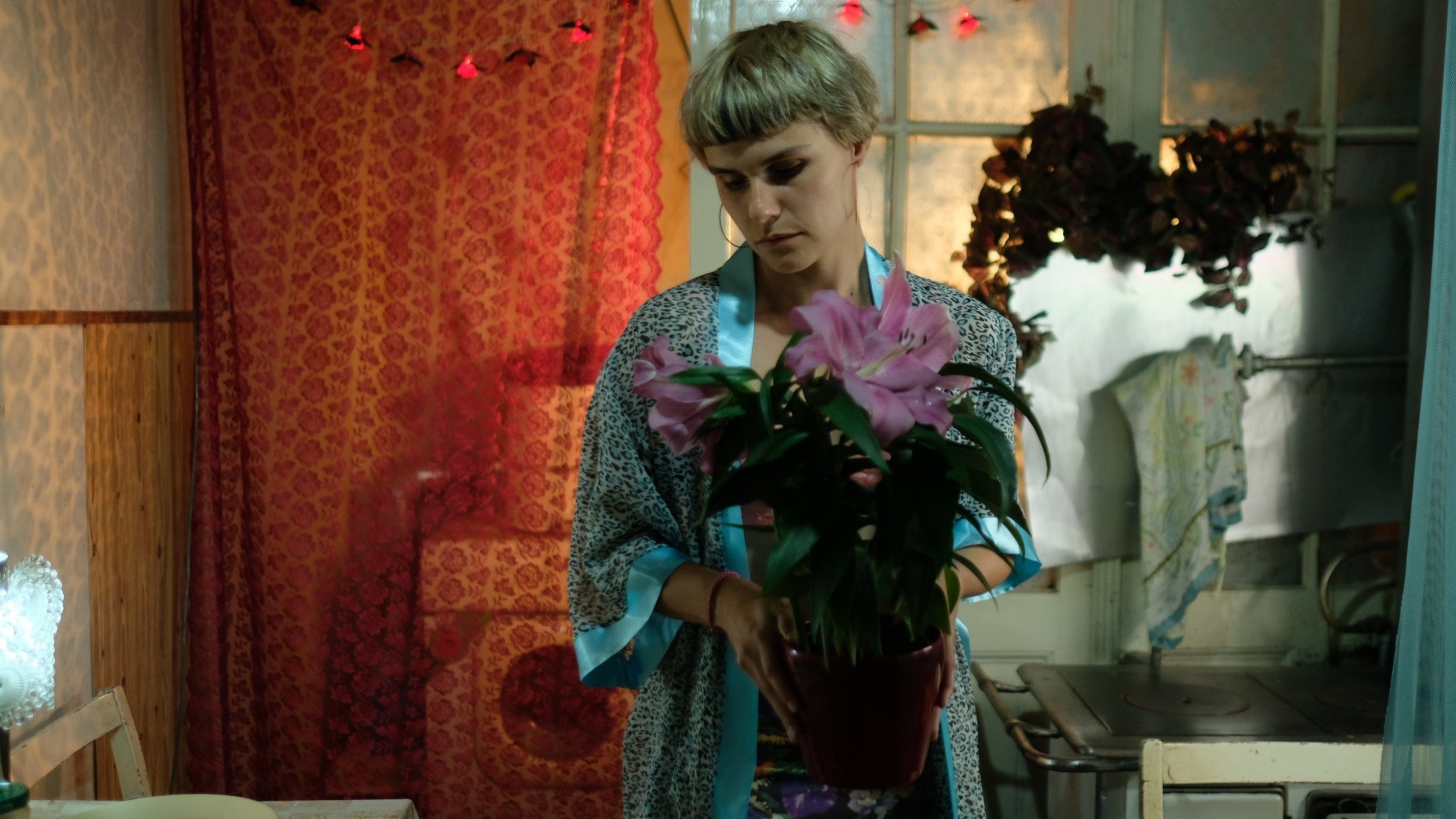Treasure City
City life in the present day as viewed in an unusual way.
Kinga Ötvös
Off-beat but intriguing, this film from the Hungarian filmmaker Szabolcs Hajdu is one of those works which strings together a series of plot threads that are closer to vignettes than to something that turns into a fully-fledged story. The aspiration behind such pieces is usually to create snippets of life which when combined capture a particular time or place and thus offer something greater than the sum of their parts. It is a mode that is not easy to bring off and earlier this year I criticised the Turkish movie Ghosts for being no more than a series of impressions which, although sometimes rich in themselves, failed to come together effectively.
Hajdu’s comparable attempt may not be a complete success, but it is much superior. As the writer here, he creates a range of characters who are vividly drawn and they are well acted too. At the outset he introduces them to us one after another but our first encounters with each of them last long enough and are sufficiently well characterised to capture our interest. Subsequently the individual narratives are carried forward effectively allowing the cutting between them to increase in speed while also revealing eventually some personal interconnections between people we have already met individually.
Since there are at least twenty characters portrayed, keeping the various threads clear and engrossing is a feat in itself, but there is interest too in Hajdu’s use of the ‘Scope screen. This is admirably illustrated in the opening scene set in a café. It’s a dialogue between Kinga (Orsolya Török-Illyés), a pro-democracy activist and a supporter, Dorottya (Fanni Wriohna), who has let her down and who when excusing herself for this tells lies. Much of this scene shows both women’s faces simultaneously thereby creating an image that fills the wide screen but feels intimate. It’s a new and telling way of using the ’Scope format and later on in the film Hajdu again impresses when he varies the focus so adroitly in another shot featuring two faces. He is an interesting director.
This opening conversation, which is shown as a pre-credit title sequence, leads into a series of events all of which have occurred just beforehand and which cover the space of a few hours. It is now that we encounter the other main figures. They include a married couple at odds (and especially so when it comes to the question of how to treat their punk son), a mother who can behave erratically and who has a 10-year-old daughter to bring up and a group who are rehearsing a play under the eye of a critical director. The various personal tales that thus emerge focus on human vulnerability (lying included), on issues of power in the home, on conflicts between parents and children and on situations that link up with such current concerns as the migrant crisis and the Me Too movement. These social issues were very much in Hajdu’s mind when he conceived the film and this is also a work that conveys a strong sense of being set in a country in which the people are intimidated by those in power. In putting all this together Hajdu may not be able to make a definitive statement but he does capture the tone of the times. Furthermore, he finds a final shot able to take on a symbolical aspect although to precede this with a non-naturalistic sequence in which a child demonstrates her powers as a witch creates an episode that is badly out of alignment with the tone of the rest of his film. But as a whole this is undoubtedly a rewarding watch.
Original title: Békeidö.
MANSEL STIMPSON
Cast: Orsolya Török-Illyés, Lilla Sárosdi, Fanni Wrochna, Szabolcs Hajdu, Magdó Pálfi, Domokos Szabó, Nóra Földeáki, Ábel Krokovay, Árpád Schilling, Wilhelm Buchmann, Lujza Hajdu, Bence Gelányi, Kinga Ötvös.
Dir Szabolcs Hajdu, Pro Szabolcs Hajdu and Jim Stark, Screenplay Szabolcs Hajdu, Ph Csaba Bántó, Pro Des Anna Nyitrai, Ed Szabolcs Kovari, Music Freakin’ Disco, Costumes Karola Nyitrai.
Filmtett/Bord Cadre Films/Sovereign Films-Sovereign Films.
92 mins. Hungary. 2020. Rel: 18 June 2021. Cert. 18.


